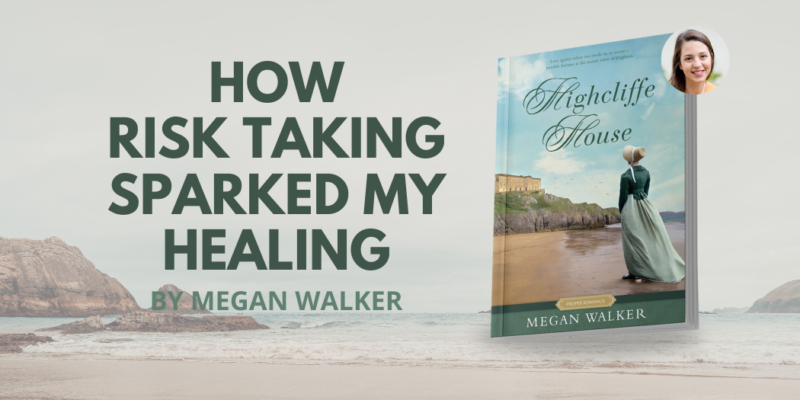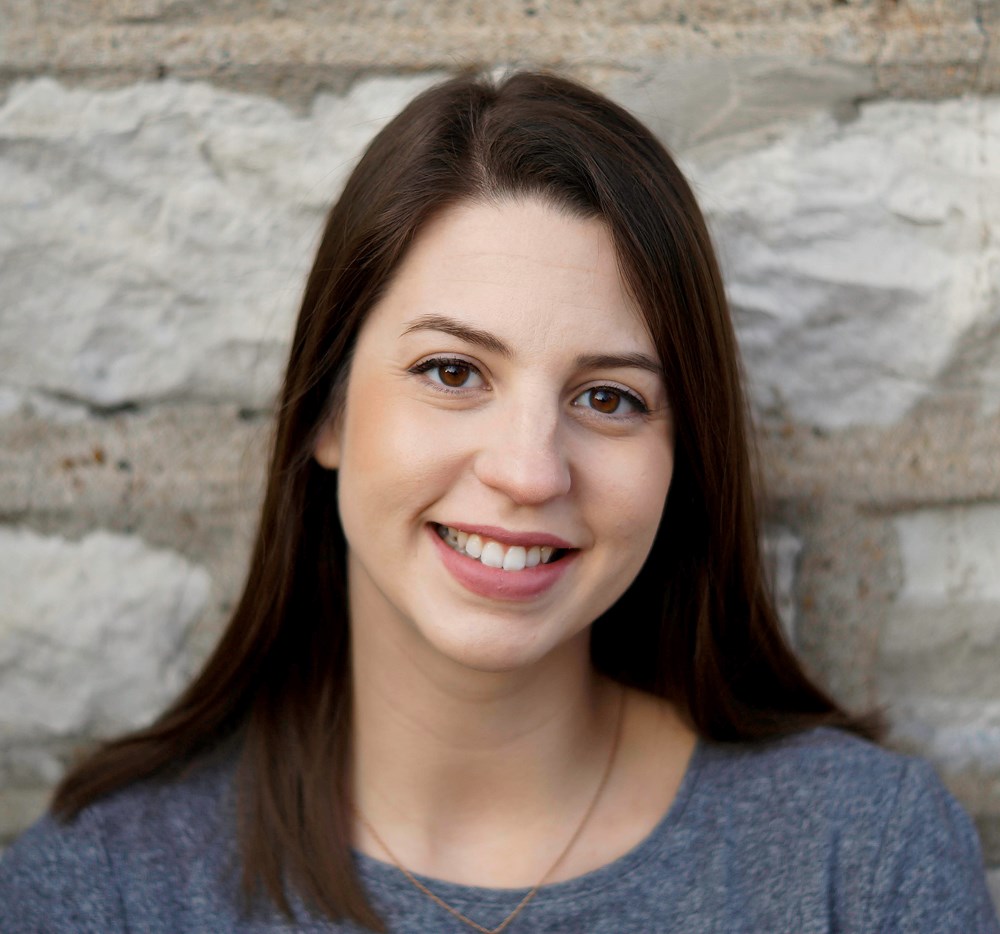
by Megan Walker, author of Lakeshire Park
I do not enjoy losing.
If you asked my husband, he would confirm this. We play Dr. Mario on our Nintendo Switch several nights a week for hours after our kids go to sleep, and the competition is fierce. I am all about the game, and if I lose, I’m ready to start right back up and try again until I win.
Playing Dr. Mario isn’t terribly hard. It requires focus, good hand-eye coordination, and quick thinking. If I win, I get to gloat and dance. If I lose, I roll my eyes and laugh at my husband while he gloats and dances. Ultimately, I lose nothing. There is no big risk, but there is also little reward. Playing Dr. Mario is something I can do over and over and over again, and it’s fun, but if it went away tomorrow, we’d easily replace it.
Losing in real life is far worse and far more intimidating. No one wants to fail a test, ruin an interview or audition, or face social or romantic rejection. A sure fire way to never lose in real life, is to never take risks. To coast through life under the radar. I know this from experience. You can still be happy. Still find success depending on your definition of the word. But there are consequences to every choice we make in life, even when we choose to do nothing.
I want to tell you about a time I chose to take a risk. A choice that changed my life for the better and taught me a very important life lesson.
Seven years ago, my infant son Simon passed away.
He was my third child, the joy and light of my life. He was very sick, and despite all our prayers and everything his wonderful doctors tried, his little body was simply too tired.
Losing my son was and is the defining moment in my life. I felt like I, too, was dying. In the months after, I experienced terrible anxiety and depression and pain, and professionals told me to try writing.
So I did.
I let my mind wander. Creating stories distracted me from my grief and suffering just enough to make them bearable.
One day, a friend told me about a conference in Utah where writers could enter their first chapters in a contest and get feedback on their writing. I laughed at the idea of me ever actually writing a book. But the first chapter? I could do that.
Of course, that would mean flying out to Utah and attending this conference. Alone. Spending a chunk of money we didn’t have in the middle of my husband’s schooling.
But my husband was very encouraging. My friend was certain it would be good for me. Still, as per usual, I questioned, If I do this, what are the risks?
Immediately my mind went to work: money, time, pride, confidence, and perhaps most importantly, my ignorance. Because in my head, my story was GOOD. Letting anyone else read even a chapter meant opening myself up to the possibility that the one thing that had saved my life might actually be incredibly lame and therefore a giant embarrassment and waste of my time.
Then I remembered one of the many questions I’d learned to ask after losing my son: What really matters?
What, really, did I have to lose?
If I tried this conference, if I wrote and entered the first chapter of this silly, fun, romantic story in my head, I might fail. I might face rejection. I might feel embarrassed, lame, spend a lot of money and waste some time. But I also might learn. I might do really well. I might walk away equipped with skills and confidence to keep going.
So, a year after my son had died, my husband bought me a Chromebook for Christmas. I took that Chromebook upstairs, sat in my bed, and opened Google Docs.
I started writing the first chapter of what would later become Lakeshire Park.
I titled it Only Amelia. I swapped my first chapter with a few strangers—Joanna Barker and Heidi Kimball—and was so impressed by them I felt ridiculously inadequate to return any sort of critical feedback. But I did, and it turned out, they felt the same about me. Over the course of the few months leading up to the conference, we talked nonstop. They became some of my best and dearest friends, and before the conference had even started, I knew something Divine had pushed me toward writing.
Lakeshire Park’s first chapter won Third Place in the First Chapter Contest! I was shocked and inspired. I took classes and learned and felt overwhelmed in such a good way.
I went home with a distinct feeling of hope that I hadn’t felt in a long time.
Maybe I could keep going. In writing. In life. Maybe I could be happy again. Maybe I could help other people like me.
Two years later, Lakeshire Park was published as a Proper Romance through Shadow Mountain Publishing, and I am still reeling. I am so grateful.
I often find myself thinking, I could have missed out on this opportunity. I could have missed out on these friends. I might never have found this part of me so hidden within myself, and never known my potential, had I not taken that risk and tried for something that felt so ridiculous and unattainable.
Losing my son taught me that life is so incredibly short. Nothing is more important than the people we love and this life we are living—what we do with it is up to us.
Sometimes things feel big and scary, but that’s because the reward can be just as big, just as unpredictable and life-changing. Maybe you’ll find that person, that job, that audition or those words you want to say aren’t right quite yet. Or maybe what you want is just waiting for you to reach out and grasp it.
If you don’t take the risk, you’ll never know.
So here’s to taking risks, trying again, and living each day to the fullest—
You never know what might come tomorrow.
Xoxo
Megan

Megan Walker was raised on a berry farm in Poplar Bluff, Missouri, where her imagination took her to times past and worlds away. While earning her degree in Early Childhood Education, she married her one true love and started a family. But her imaginings of Regency England wouldn’t leave her alone, so she picked up a pen. And the rest is history. She lives in St. Louis, Missouri, with her husband and three children.
NEW! HIGHCLIFFE HOUSE: The daughter of a wealthy investor and a handsome young businessman clash in this enemies-to-lovers romance from the author who brought you Lakeshire Park.